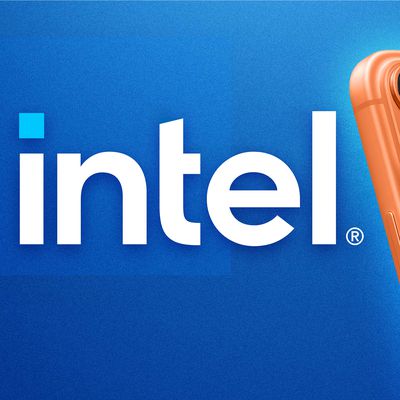 Apple's plans for its revamped Apple TV have been scaled back compared to what the company had previously intended, reports The Wall Street Journal. According to the publication, Apple was originally approaching media companies directly to obtain content rights for an ambitious a-la-carte-Internet-enabled TV set-top box, but has since gone in a different direction.
Apple's plans for its revamped Apple TV have been scaled back compared to what the company had previously intended, reports The Wall Street Journal. According to the publication, Apple was originally approaching media companies directly to obtain content rights for an ambitious a-la-carte-Internet-enabled TV set-top box, but has since gone in a different direction.
In the current discussions, which involve at least two big media companies, Apple envisages working with cable companies, rather than competing against them, the people said. For programming, it would rely on cable providers to acquire programming rights from media companies, rather than acquire them on its own, the people said. Apple might consider seeking some rights directly in the future, one of the people said.
Apple had been trying to negotiate with companies like CBS and Disney to offer the networks' content directly to Apple customers over the Internet, cutting out cable and satellite providers like Comcast, Time Warner and DirecTV. However, the media companies consistently pulled out of negotiations, fearing that any potential deal with Apple could damage their revenue streams.
Apple's ambitious plans went even further, as the company hoped to erase the distinction between live and on-demand TV, allowing users to watch any show at any time via iCloud as well as being able to skip commercials. In addition, Apple explored the possibility of paying media companies more for ad-free TV.
Having abandoned those lofty ideas in the face of failed negotiations, Apple is now asking content providers for the last five episodes of any given show rather than an entire season. This structure is similarly used by Hulu and is considered a standard amongst TV show streaming services.
Apple's latest approach is far less ambitious. Instead of asking for full current seasons of shows, it is asking programmers for just the most recent five episodes of current-season shows—the standard for video-on-demand services in the TV industry, a person familiar with the matter said. Apple is also proposing to disable fast-forwarding on shows for three days after they air, which would protect TV channels.
The Wall Street Journal also suggests that it is unclear whether Apple will sell its own box or allow cable distributors to lease boxes to customers when the company is able to establish a deal for a television service.
Apple has long been in negotiations with Time Warner Cable for some sort of television-related product, with a recent report suggesting talks are ongoing. Apple may run into some trouble reaching a deal with TWC, however, as Comcast has reportedly inked a deal to purchase the company.
Apple may be planning to unveil a redesigned Apple TV box in April, which is rumored to include both app and game support, but it is unclear whether that product will also offer new television-related content.























